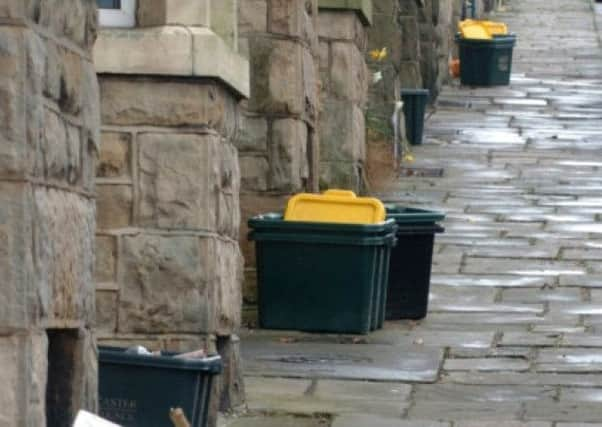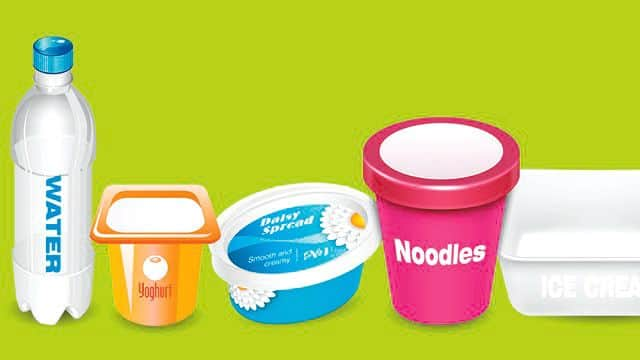Full list of what you can put in your recycling boxes in Lancaster and Morecambe from October 1


Lancashire County Council said that in addition to the plastic bottles for liquids which are already collected, residents will be able to put clean plastic pots, tubs and trays in their recycling bins.
These include yoghurt pots, margarine tubs, and meat, fruit and vegetable trays of any shape or colour.
Advertisement
Hide AdAdvertisement
Hide AdPeople are also being urged to rinse items to make them more valuable to reprocessing companies, and maximise the likelihood that they will be recycled.


If the plastic still has food waste on it, or is covered in plastic film, it can cause a problem as it goes through the recycling system.
This can also make it unsuitable for reprocessing, and mean that it won’t be recycled.
It is easy to see whether an item is recyclable by checking the number stamped onto it. Anything with a number 1, 2 or 5 within the recycling triangle should go into your recycling bin.
These items can now be recycled:
• Solid lids on pots tubs and trays
• Pots (e.g. yogurt, soup, etc.)
• Tubs (e.g. margarine, ice cream, etc.)
Advertisement
Hide AdAdvertisement
Hide Ad• Trays / punnets (e.g. raw meat or ham trays; take-away trays; fruit /veg trays) - remove any plastic film, as a wrapping, as an addition such as in a tray base to cushion soft fruit and put these in your general rubbish
• Chocolate and biscuit tubs and trays
• Other clear plastic packaging
• Plant pots
What the council collects now:
• Glass bottles
• Glass jars
• Food tins
• Drink cans
• Clean foil
• Clean foil trays
• Empty aerosol cans
• Metal biscuit and sweet tins
• Metal bottle caps and lids
• Plastic bottles, including, for example shampoo and detergent bottles
• Plastic lids either on or off the bottles
County Councillor Albert Atkinson, Lancashire County Council cabinet member for waste management, said: “It’s great that we can now recycle more plastic, and if everyone adds pots, tubs and trays to all the things they already recycle it will make a real difference.
“Recycling these extra plastics is very simple – the colour and shape of the container doesn’t matter – the main thing is to check that that it can be recycled, and give it a rinse. This helps to make sure things aren’t rejected when they go through our system. Food left on the container can also make it unsuitable for re-processing, resulting in the plastic not getting recycled.
Advertisement
Hide AdAdvertisement
Hide Ad“It’s also important that items are kept loose so we can sort them - not in bags or boxes.”
Coun Dave Brookes, Cabinet member with responsibility for environmental services at Lancaster City Council, said: “Residents have been asking for this for a long time, so we are delighted that the city council is now able to collect a much wider range of plastics for recycling. Turning waste materials into new products is so much better than burying them in the ground, burning them in an incinerator, or allowing them to get into the sea. We hope that everyone will take up the challenge of recycling as much as they can, and putting as little as possible in their grey bins. Meanwhile, we will continue to talk to the county council about expanding the range of doorstep recycling even further.”
Around 90 per cent of the plastic from recycling collected in Lancashire is processed within the UK. Recycled plastic can be and made into new products such as fleeces, pillows or new plastic bottles.
The only overseas contract is to a well-established operation in Spain that makes it into new plastic products. Commercially and logistically, as well as environmentally, it makes sense to keep as much of the material as possible within the UK. All UK local authority waste information is publicly available through www.wastedataflow.org ensuring transparency.